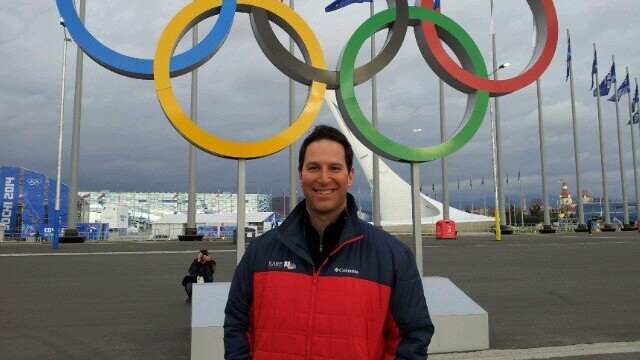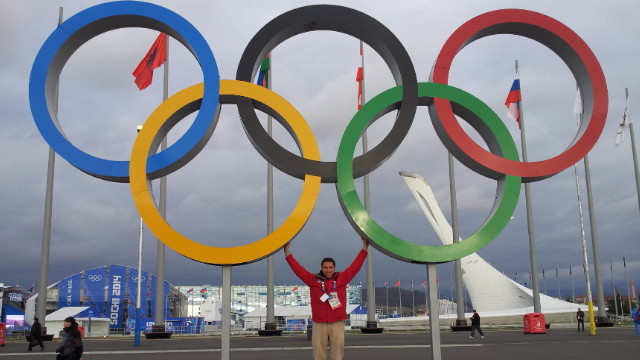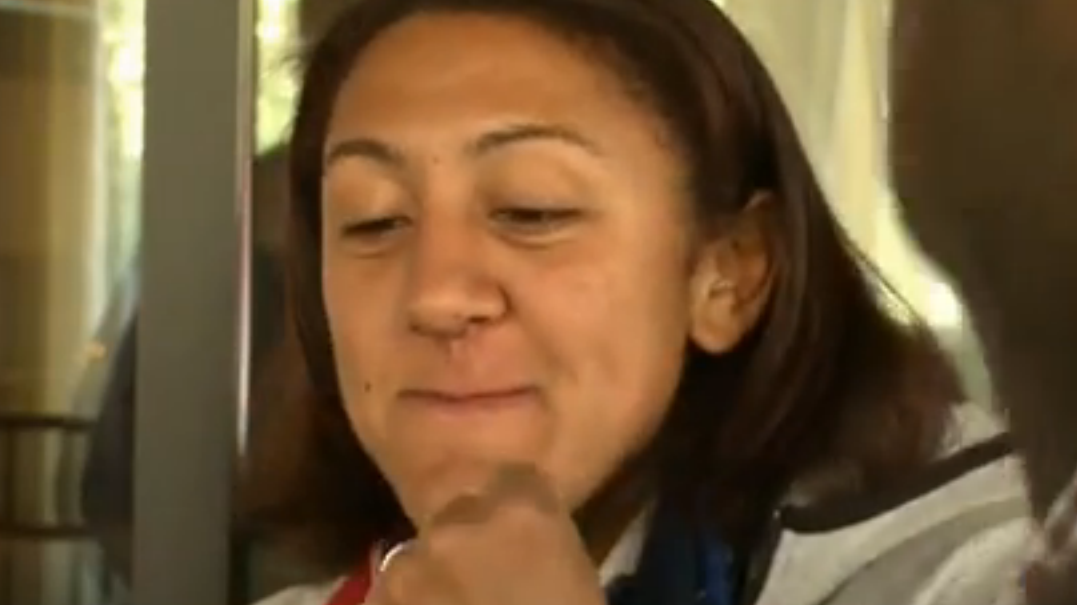Podcast: Play in new window | Download
Subscribe: RSS
“What is it like to cover the Olympics?”
I have heard this question from virtually everyone I know since I came back from Russia three weeks ago.
But before I answer, I generally need to ask a question of my own:
“Which part?”
Reporting from the Olympics combines an array of unique experiences for any journalist. On the list:
- covering a massive international event
- corresponding from a foreign country
- working extremely long hours, with zero days off, for nearly a month
In the case of the 2014 Winter Olympics, you can throw a few more items onto the list, such as concerns about security and privacy in what many consider a hostile country.
I documented my experiences through my numerous on-air stories as well as fifteen blog entries from Russia. But I promised I would use this space, soon after I returned, to showcase the viewpoint of someone else.
Enter Dave Schwartz.
The sports anchor and reporter for KARE-TV in Minneapolis/St. Paul worked several seats down from me in Sochi, but in some ways he experienced the Winter Games far differently. He covered numerous local athletes and events, where I typically focused on the Olympic atmosphere. He worked with a partner from his station, while I mostly worked by myself.
And on a personal level, Schwartz spent three weeks in Sochi, ten time zones away from his wife and kids.
Schwartz joined me on the latest episode of the Telling The Story podcast.


